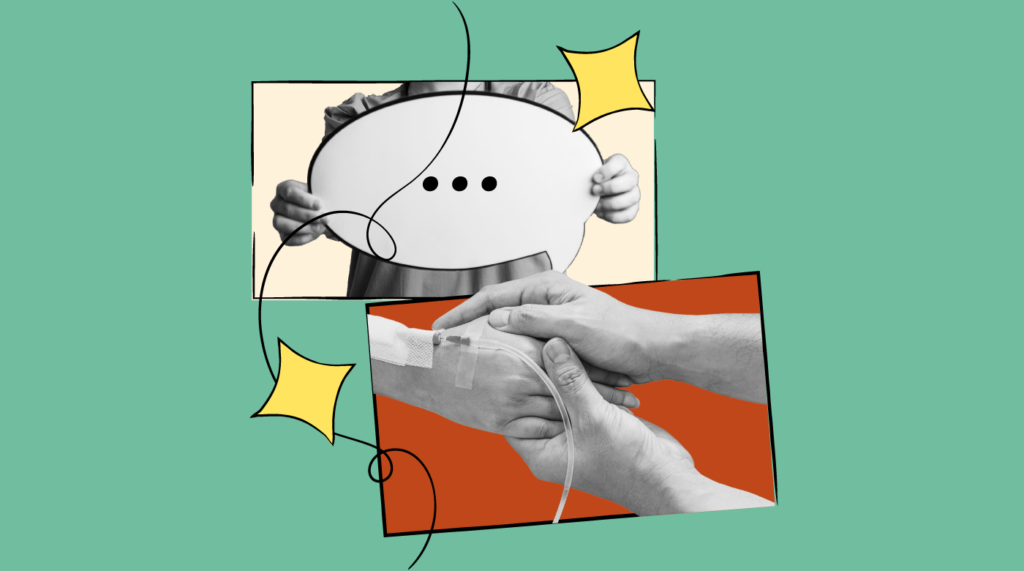I was pretty early into my HR career when I had my first terminal illness conversation, the employee had a degenerative illness that he understood would take away his independence and eventually his life – which it did on both counts. Chances are as an HR practitioner you’ll most likely have at least one of these conversations in your career, or at the very least be aware of this happening. I wanted to share my experience, as it might help prepare you in some small way.
Neil was the employee's name, he was well-liked and respected, a family man, and while I didn’t know him, what I knew of him was that he was a genuine person. So I received a meeting invite and was sitting across the table from him, and he tells me quite frankly he’s dying, and that in the very near future the disease will take everything bar his mind, and eventually take his life. He will rely on his wife and family to care for him fully, feeding, bathing, mobility, and toileting.
This was pretty confronting to hear, I’m sitting there not knowing how to act or what to say. Neil was incredibly strong, he simply said that he didn’t want sympathy, he’d been through the anger and grief that he wouldn’t get to live his life the way he intended and that he would die relatively shortly but only after being a burden on his family. What he wanted from me was information on the life insurance and salary continuance insurance that the company offered all employees as a benefit.
Neil passed away four or five years after that conversation, there was a local article about his passing and the way he lived the final years of his life. It was just bad luck really, it was a genetic disease that no one could do anything about, nor could Neil have done anything to avoid it. I didn’t know Neil, I basically had one half-hour conversation with him in person, then a few email exchanges while providing the information he asked for. He certainly left an impression on me, with the strength he faced his mortality.
So the takeaway message if you’re faced with a similar situation, you’re in HR, there is nothing that you can do in any meaningful way. They are going to die, prior to seeing you they would have seen doctors, talked with their family and loved one, grieved, and been angry about their shorted future. Have the conversation and provide them the HR advice that you can, and then go home and hug your family and be grateful.

